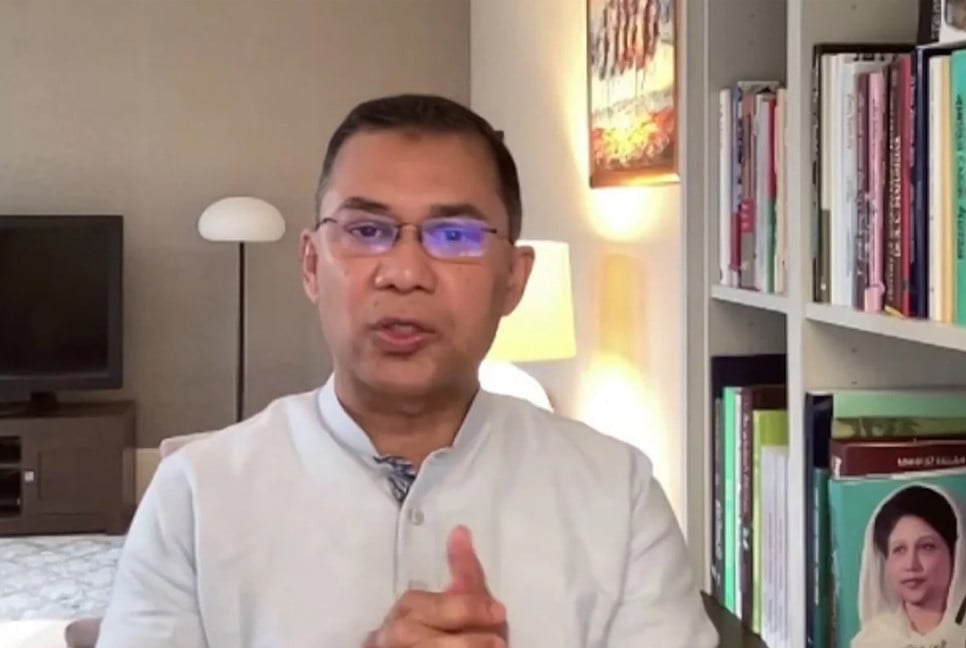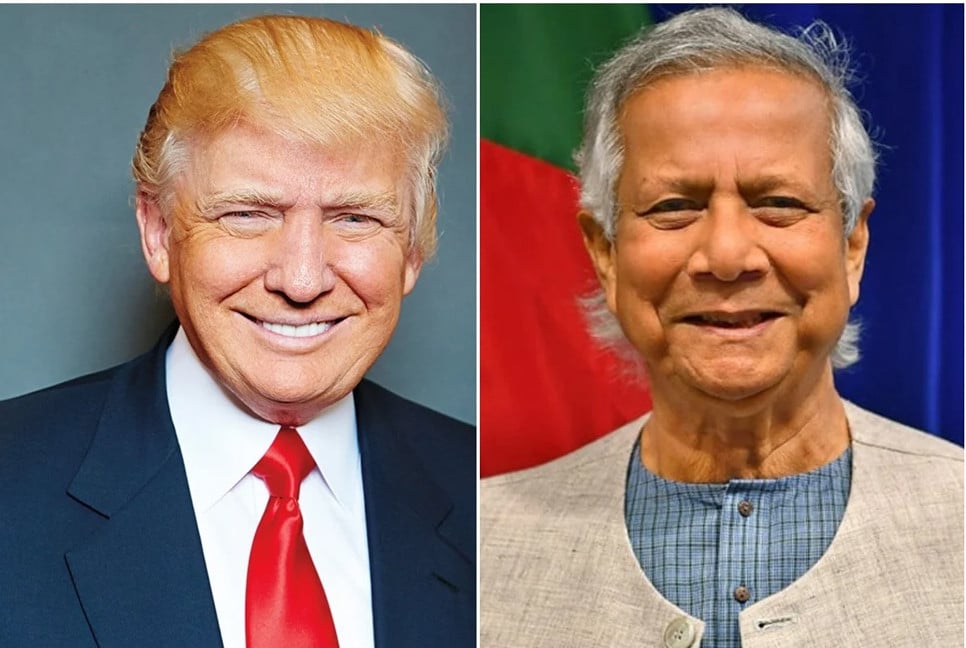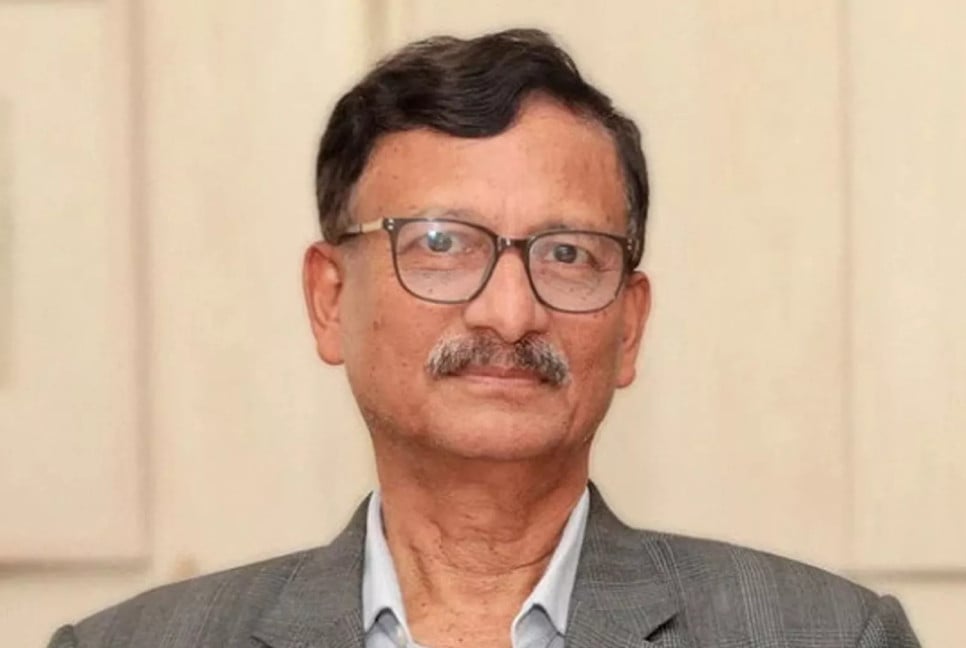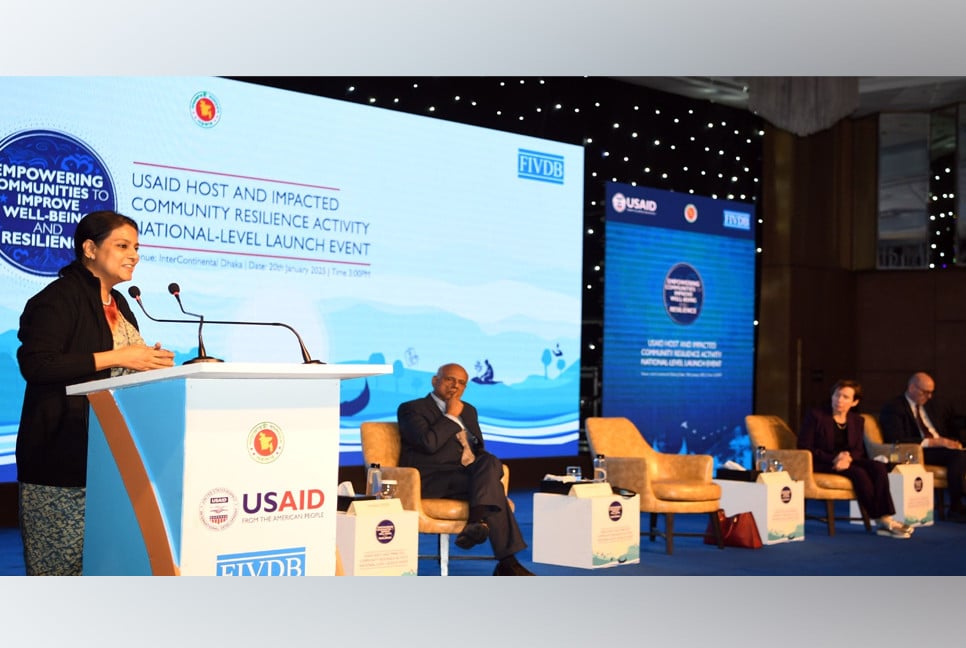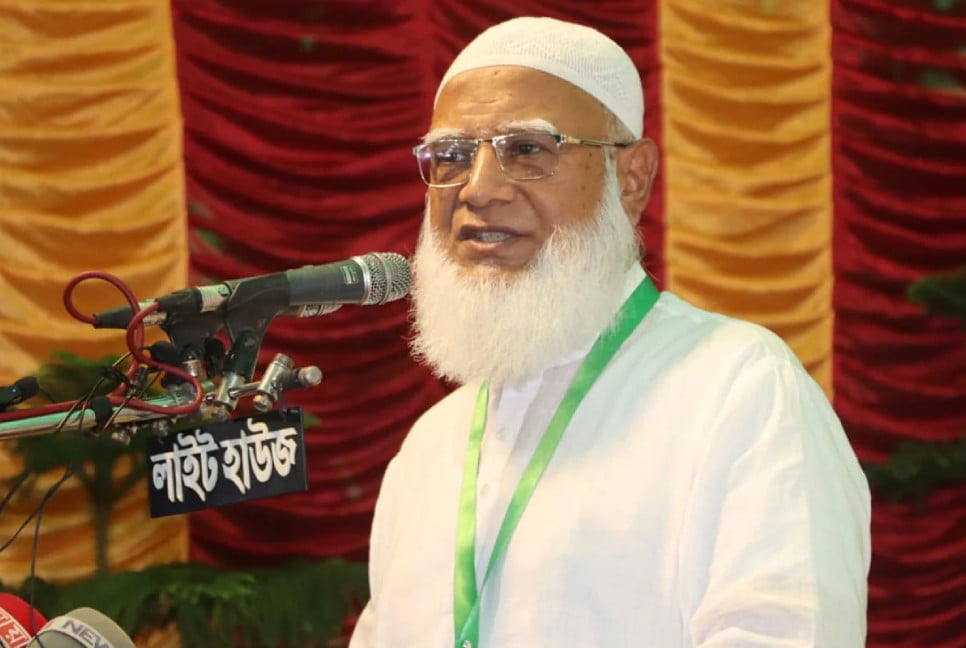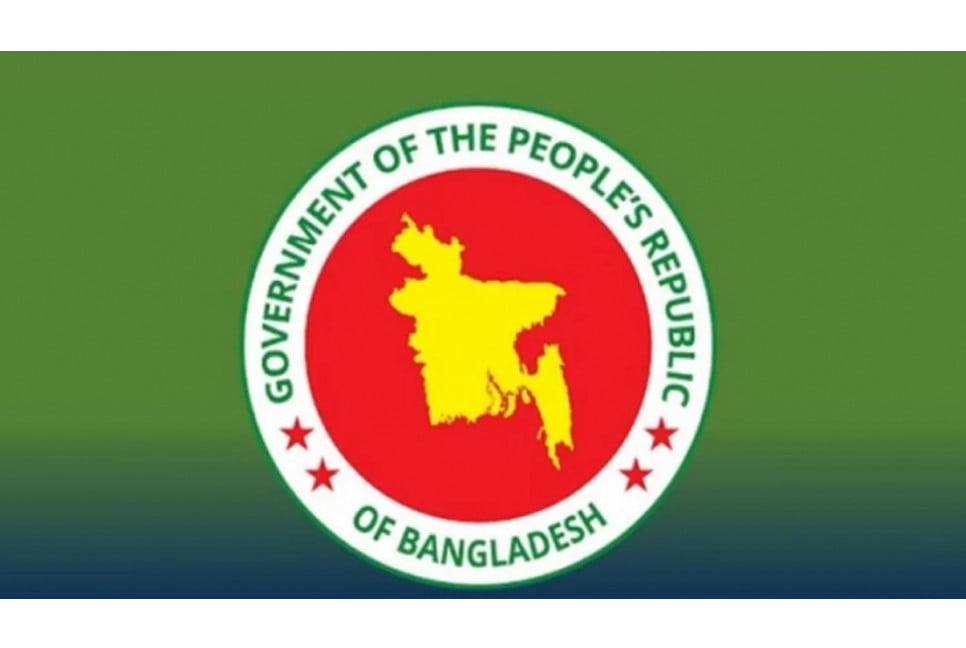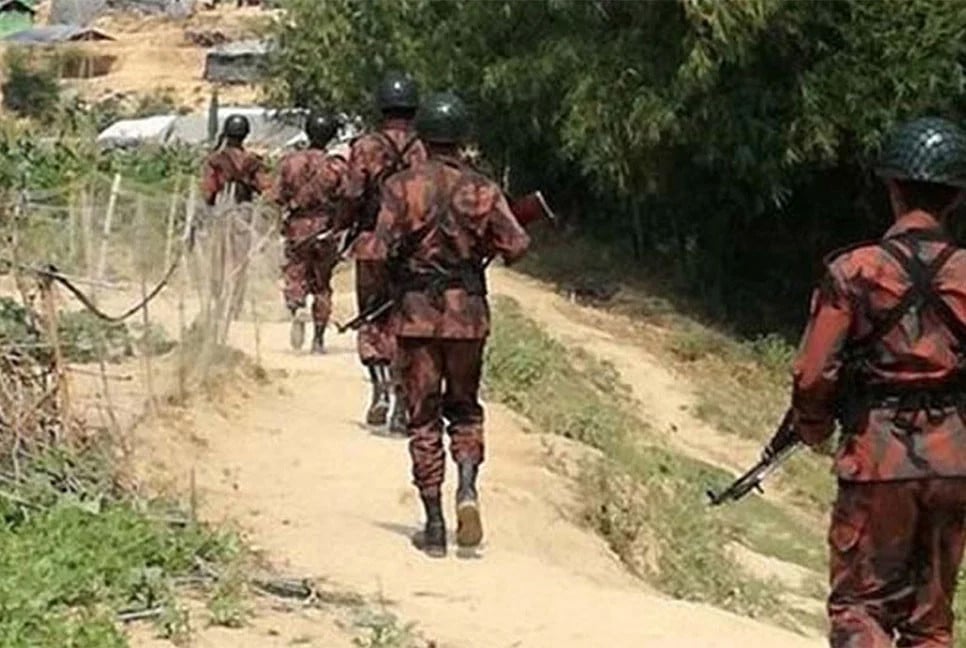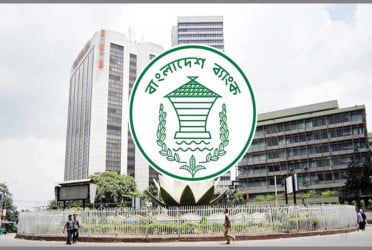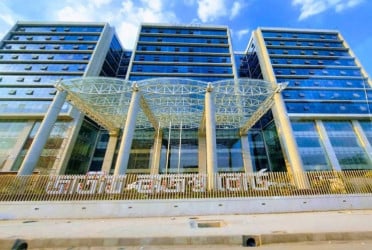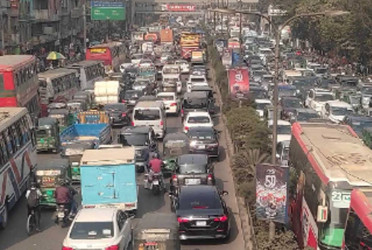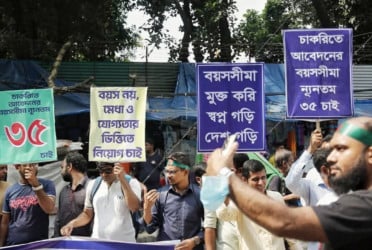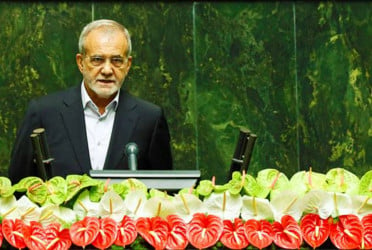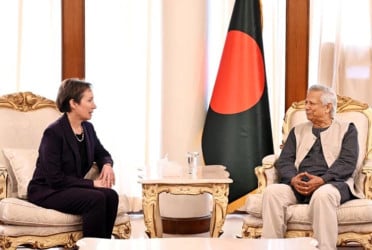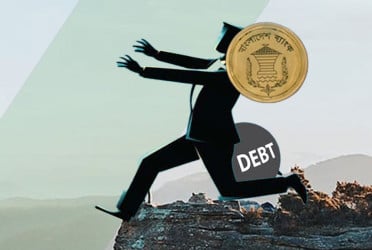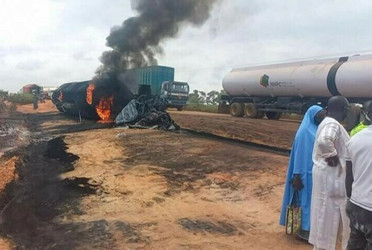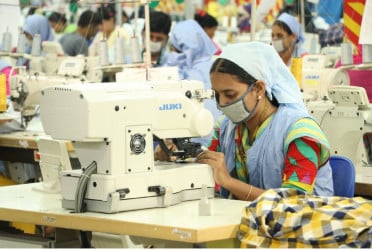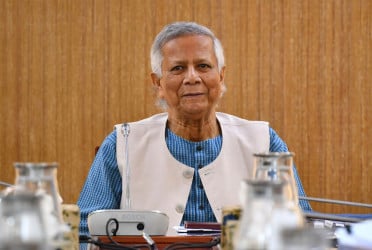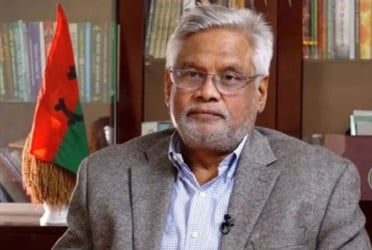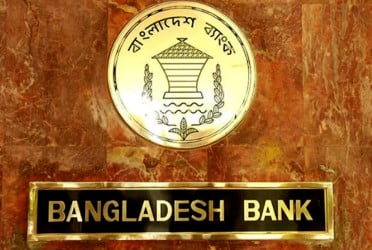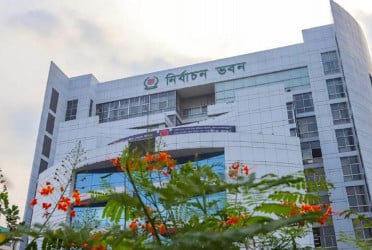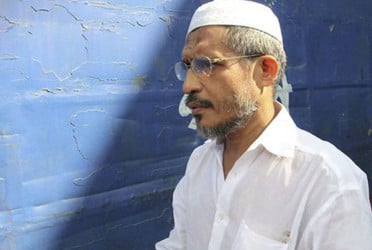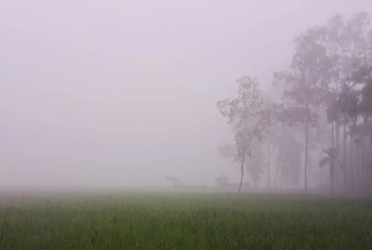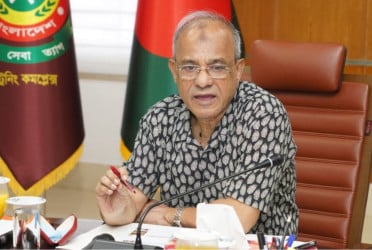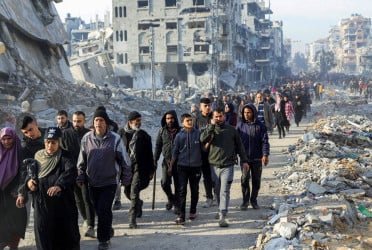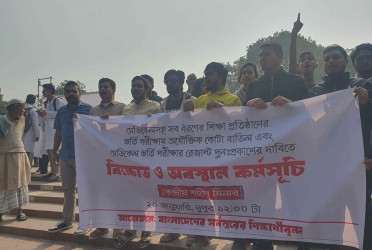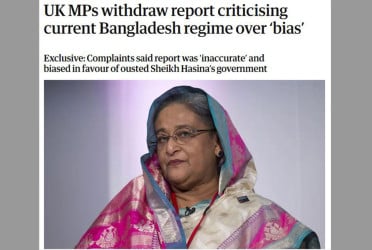The crisis in food sector and fuel industry is rising as the shortage in production, raw material and output is decreasing day by day.
The reserve of foods in government level in January and February of the current year was 20 lakh and 7 thousand metric tons, while it has been decreased to 15 lakh 81 thousand tons on November 6.
Last year, the price of per kg thick rice was Tk 45 to 48, while now it’s Tk 52 to 55. Besides, due to lack of proper monitoring system, the price of fish, meat, vegetables, bakery products, flour, and edible oil has seen abnormal hike. The current global condition is also worked as catalyst behind this unstable market. As a result, the cost of living of mass people increased.
It’s normal that the price of oil and gas also increased and as an outcome of this hike the transportation costs also increased a lot. The production costs increased as well. Hence, the United Nations and the World Bank feared that famine mine strike in different parts of the world.
Already, food crisis has been prevailing in many countries of the world. The earth is facing a dire situation due to the outcome of Russia-Ukraine war. In this circumstance, Prime Minister Sheikh Hasina gave strict direction to authorities concerned to ensure proper supply of food and fuel. She on Sunday gave detailed direction to the relevant directorate and ministries to monitor the overall situation. Besides, upcoming parliamentary election of 2024 will surely have an effect on economy, society and food-chain of the country. So, in the coming days, the government is emphasizing more and more to ensure proper supply of food and fuel to the countrymen.
According to the food ministry and directorate, government had decided to collect rice by increasing Tk 1 per kg in Aman paddy and Tk 2 in its rice. Now, it will purchase a total of 3 lakh tons of paddy and 5 lakh tons of steamed paddy from the farmers and rice mill owners in the country.
Last year, government purchased the paddy at Tk 27 per kg and rice at Tk 40. Food minister Sadhan Chandra Majumder said the purchase price for government in buying Aman paddy has been fixed at Tk 28 and Aman rice at Tk 42. The food security will be ensured if government becomes successful in achieving this goal.
Government has decided to import 54 lakh 60 thousand tons of fuel oil in 2023 to ensure fuel availability. Refined and non-refined, both types of oil are included in this import planning. On the basis of government to government (G2G) system, they will import 38 lakh 60 thousand tons of refined oil, while 16 lakh tons of non-refined oil will be imported from ARAMCO of Saudi Arabia and ADNOC of UAE by applying Direct Purchase Method (DPM). Prime Minister gave direction to open LCs to import food and fuel giving it top most priority.
According to the information of Bangladesh Petroleum Corporation, the demand of fuel oil in the country next year will be 65 lakh tons. Almost 90% of the fuel oil in the country is being imported, while 63% of the total fuel oil is used in the transport sector. From January to June of 2022, BPC imported 7 lakh 91 thousand tons of non-refined oil.
On the other hand, according to food directorate, the goal of producing rice and wheat this year has been fixed to 4 crore 27 lakh tons, in which there’re 37 lakh tons Aush rice, 1 crore 64 lakh tons of Aman rice, 2 crore 15 lakh tons of Boro rice and 11 lakh tons of wheat. If the goal is fulfilled its possible to export the residual food-grains fulfilling the local demand. The agriculture divion of The United States also forecasted about the reduction in production.
Not only for Bangladesh, UN and WB also made the forecast about reduction in food production due to the outcome associated with Russia-Ukraine war, in addition to presence of global economy crisis. Moreover, the production costs in agriculture rose due to natural calamities and hike in fuel price for irrigation and fertilizers. Even, there is some inaccuracy in counting the demand of foods according to the number of people, which leads to one kind of deficit. According to former Food Directorate director general Sarwar Mahmud, that’s also a challenge in ensuring food security. He said as people of Bangladesh reserve foods by calculating their yearly food demand, it’s easy for them to counter unexpected situation. The government only has to reserve food for crisis moments.
@The write up was published on print and online versions of The Bangladesh Pratidin on November 8, 2022 and rewritten in English by Lutful Hoque





